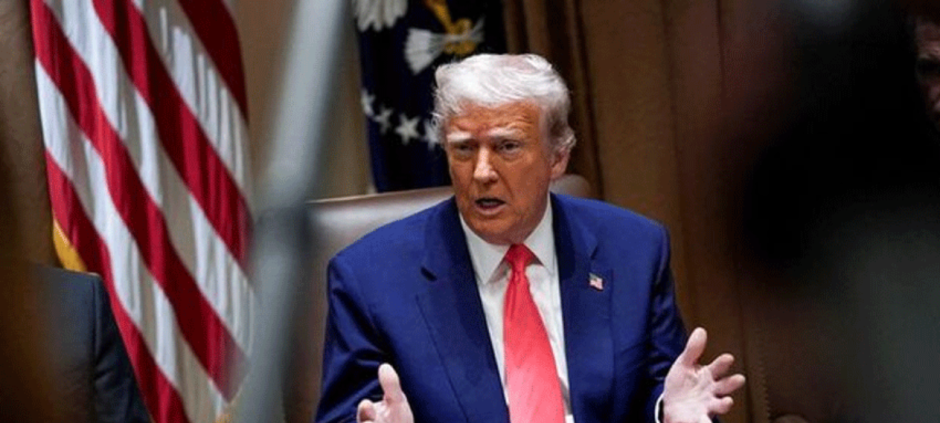Factory activity across Asia declined in July due to weak global demand and continued uncertainty over US trade policy. Private surveys released on Friday show that manufacturing output in key Asian economies shrank, raising concerns about the region’s economic recovery.
Japan and South Korea, two major export-driven economies, saw factory output drop. In Japan, the S&P Global Manufacturing PMI fell to 48.9 in July, down from 50.1 in June. A reading below 50 indicates contraction. This decline came before Japan reached a trade agreement with the United States, which cut tariffs from a proposed 25% to 15%.
South Korea’s manufacturing activity also declined for the sixth straight month. Its PMI dropped to 48.0 in July from 48.7 in June. Economists pointed to falling new orders and weaker domestic demand. They also noted the impact of US trade policies as a contributing factor.
China’s factory sector showed similar signs of weakness. The S&P Global China General Manufacturing PMI dropped to 49.5 in July from 50.4 in June. Analysts had expected it to remain at 50.4. This reading followed official data showing China’s manufacturing shrinking for the fourth consecutive month.
The slowdown in China was mainly due to soft domestic demand and slowing business growth. Some analysts say the earlier export surge, driven by fears of higher US trade tariffs, is now fading.
Despite the decline in major economies, factory activity expanded in the Philippines and Vietnam. However, Taiwan, Indonesia, and Malaysia also saw contractions in July.
Some hope remains as recent trade deals between the US, Japan, and South Korea could improve business confidence. Still, the fragile state of global trade and manufacturing continues to raise concerns across Asia.
Economists say future growth will depend on how US trade relations develop in the coming months.
Read more: Pakistan Proposes Zero-Tariff Trade Agreement with the US











